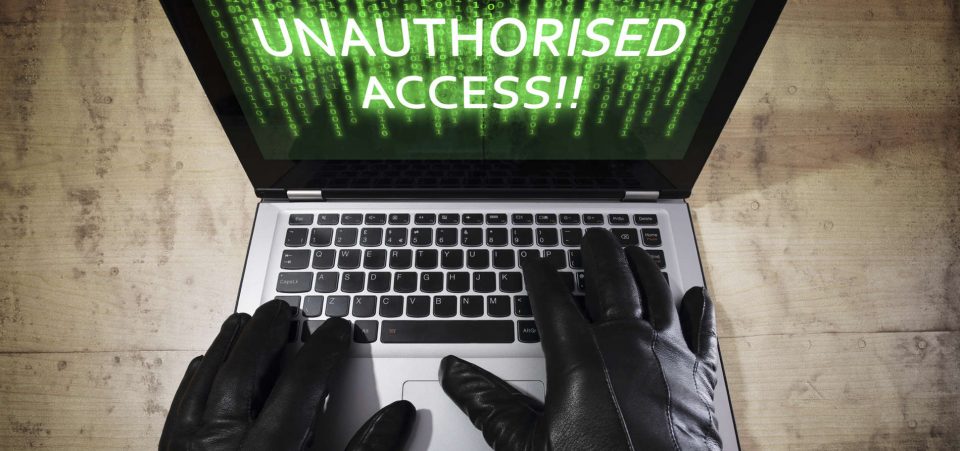Internet-Connected Devises Provide Easy Access to Hackers
The war between Internet hackers and the corporate world is intensifying, with no end in sight. Following last week’s admission by the Yahoo! Inc. (NASDAQ:YHOO) that a massive data breach in its system in late 2014 affected about 500 million accounts of its users, it has now been reported that hackers are using Chinese-made security cameras and video recorders to knock down corporate web sites.
According to unnamed security experts, the attackers used as many as one million Chinese-made security cameras, digital video recorders, and other infected devices to generate web page requests that knocked their targets offline. French web hosting provider OVH and Brian Krebs, an American journalist and investigative reporter who writes about profit-seeking cybercriminals, were among the targets. (Source: “Hackers Infect Army of Cameras, DVRs for Massive Internet Attacks,” The Wall Street Journal, September 30, 2016.)
Internet-connected devises, such as televisions and thermostats, provide an easy access to hackers into the network which hackers use to generate artificial traffic for the targeted web site. Servers, usually unable to handle the huge inflow of traffic, crash in the processes.
Internet security experts have long warned that these connected devices can become the easy target for hackers. These devices are vulnerable to cyberattacks because consumers generally hook them with their internet and then forget.
In recent years, the world’s biggest corporations have been the victim of hacking attacks into their network. Sony Corp (NYSE:SNE), JP Morgan Chase & Co (NYSE:JPM), and Home Depot Inc (NYSE:HD) are among those which reported hackers getting access to their networks, stealing personal identities, credit card information, and e-mail addresses. (Source: “9 Recent Cyberattacks Against Big Businesses,” The New York Times, February 5, 2015.)
One of the more recent prominent data breaches saw hackers breach the computer network of of Yahoo! Inc. (NASDAQ:YHOO) in 2014, stealing the information from the accounts of at least 500 million users. The company, which only learned about the breach month, believes the hackers to have been state-sponsored. (Source: “Yahoo Says Hackers Stole Data on 500 Million Users in 2014,” The New York Times, September 22, 2016.)






